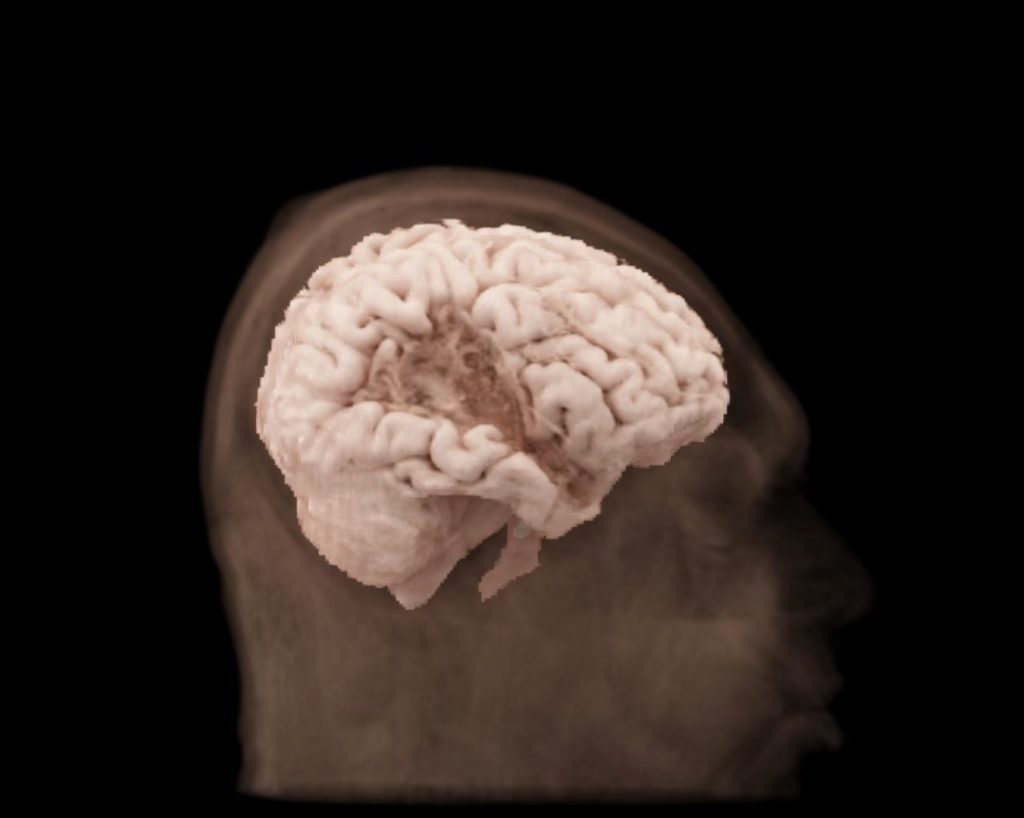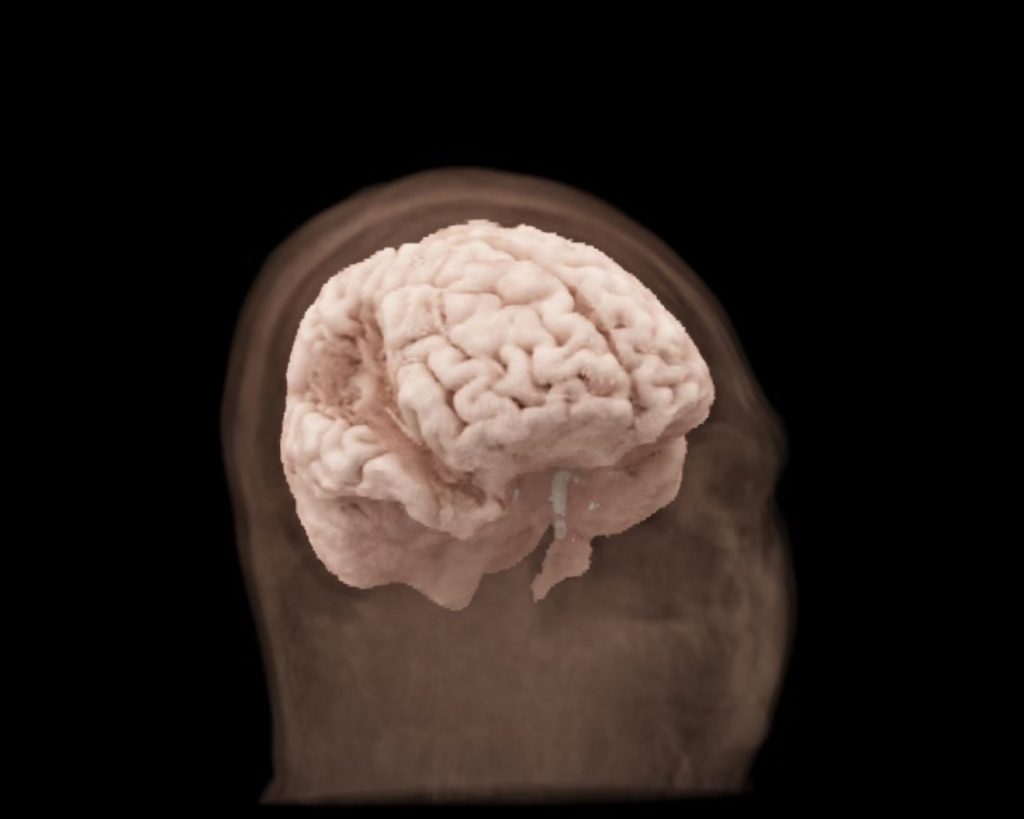What Are Neurological Disparities?
Neurological disparities are unfair and avoidable differences in brain health that affect different groups of people. These gaps are not caused by genetics but by social and economic factors like poverty, limited access to quality healthcare, and living in neighborhoods without healthy food options. This means someone’s income or zip code can have a bigger impact on their brain health than their own biology.
The Evidence:
According to “The American Brain Foundation states that brain diseases disproportionately affect Black, Latino, and other marginalized populations, who often face barriers to care and are underrepresented in research. Studies published in journals like Neurology show that factors like socioeconomic status are major drivers of these health gaps, leading to delayed diagnoses and worse outcomes for conditions like stroke and dementia in underserved communities”.
Common Neurological Conditions Impacted by Disparities
While all brain conditions are challenging, disparities can make them even harder to manage. Lack of access to proper nutrition, specialized care, and resources can worsen symptoms and slow recovery for many common neurological issues.
Stroke: Recovery can be significantly slowed without access to nutrient-dense foods that reduce inflammation and support brain repair. Disparities mean higher rates of death and long-term disability for individuals in low-income areas.
Traumatic Brain Injury (TBI): The brain’s healing process requires extra energy and specific nutrients. Without access to these “building blocks,” recovery from a concussion or more severe injury can be incomplete, leading to chronic issues like brain fog and fatigue.
Dementia & Alzheimer’s Disease: Research strongly links diet to the risk and progression of dementia. A diet lacking brain-protective nutrients can accelerate cognitive decline, a challenge made worse in communities without access to fresh, healthy food.
Developmental Disorders in Children (ADHD, Autism Spectrum Disorder): Nutrition plays a critical role in brain development and managing symptoms. Lack of access to key nutrients can impact a child’s ability to focus, learn, and regulate their behavior, putting them at a disadvantage in school and life.
The Evidence:
Omega-3 Fatty Acids (found in salmon, walnuts, flaxseeds): These are critical components of brain cell membranes. UCLA Health research highlights that Omega-3s are essential for the brain’s electrical signals to fire correctly, which is vital for recovery after a TBI.
Antioxidants (found in blueberries, spinach, dark leafy greens): The brain uses a lot of oxygen, which creates “oxidative stress”—a process that can damage brain cells. Antioxidants act like a cleanup crew, protecting the brain from this damage.
B Vitamins (found in legumes, eggs, and lean meat): These vitamins are crucial for creating neurotransmitters like serotonin and dopamine, which regulate mood, focus, and energy.
Protein (found in lentils, fish, chicken, and beans): Protein provides the amino acids your body needs to repair tissue and build new connections between brain cells, a process essential for learning and memory.





“A landmark report from the World Health Organization (WHO) has revealed that more than one in three people worldwide — over 3 billion individuals — are living with a neurological condition, making these disorders the leading cause of illness and disability across the globe.”


